Best U.S. States for Off-Grid Living in 2025
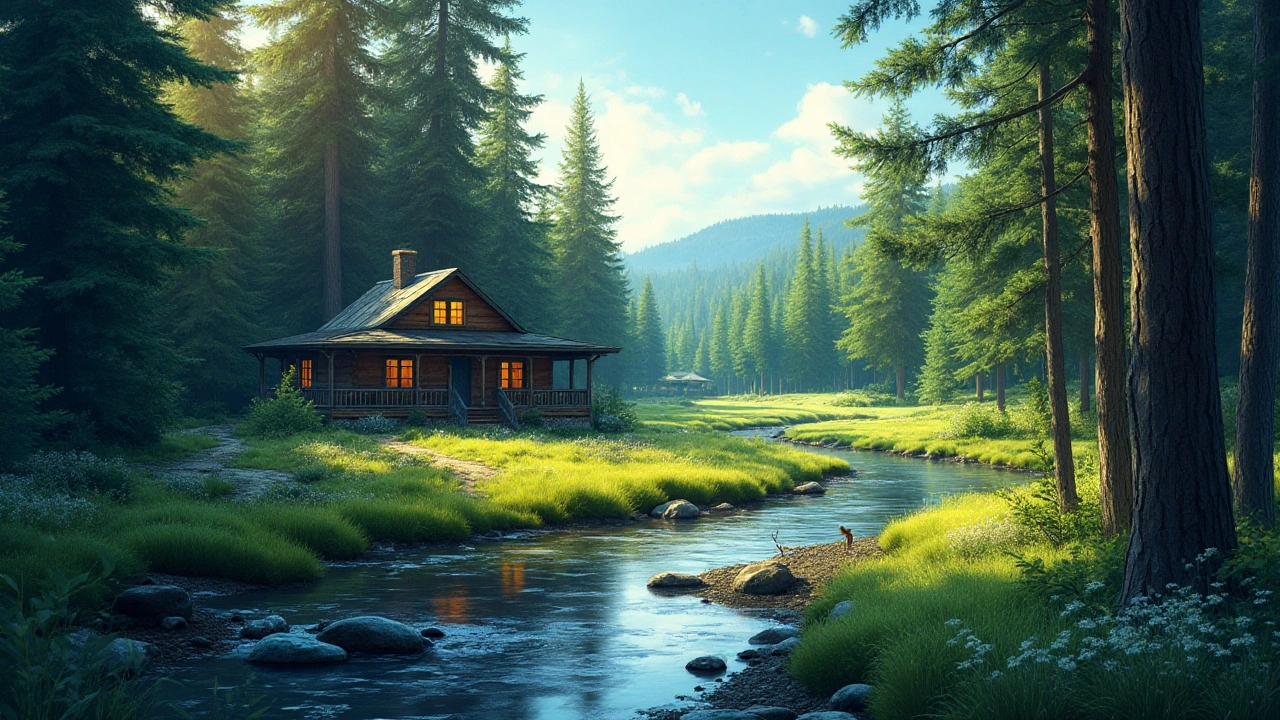
Living off the land is a lifestyle that many people dream of, but to turn that dream into reality, choosing the right location is essential. Different states in the U.S. offer varying opportunities and challenges when it comes to self-sufficient living. Each state presents its own unique blend of climate, cost, and natural resources to consider.
If you're ready to leave behind the hustle and bustle of city life, embracing a more sustainable and independent way of living, this guide is for you. We'll delve into what makes certain states stand out for off-grid communities and provide guidance on how you can transition smoothly into this rewarding lifestyle. The journey to living off the land starts with understanding your needs and matching them with what different states have to offer.
- Choosing the Right Climate
- Affordability and Cost of Land
- Availability of Natural Resources
- Community and Legal Considerations
Choosing the Right Climate
When it comes to living off-grid, the choice of climate can significantly impact your quality of life. It's not just about personal preference—though enjoying the seasons you love helps—it also involves practical matters like farming capabilities and energy needs. A more temperate climate might allow for year-round farming, reducing your reliance on stored food. Alternatively, a snowy winter climate can provide a natural way of ice storage, which some might find advantageous. Each climate zone carries its unique demands and offerings, making this a critical aspect of your decision-making process.
The United States is home to a vast array of climates, from the cold expanses of Alaska to the sweltering deserts of Arizona. For those looking for a balanced environment, many experts consider parts of the Pacific Northwest as ideal due to its mild temperatures and abundant rainfall. Rainwater collection becomes easier, and with fertile ground, gardening thrives. On the other hand, those with a penchant for sunshine might find solace in California’s balmy lands or Florida’s humid subtropical feel. Of course, these preferences should align with your lifestyle goals and the degree of independence you seek.
"You must unite personal preference with a strategy for sustainability," advises Paul Wheaton, a respected permaculture expert. The choice of climate will dictate your daily routine, your energy consumption, and your gardening success, making it imperative to weigh your options carefully.
Climate also plays a crucial role in determining your energy solution. Places with abundant sunlight, like New Mexico, offer great opportunities for solar power, whereas states with frequent winds, such as Wyoming or Kansas, allow for effective wind power generation. Understanding how climate influences these factors can help you plan better for long-term self-sufficiency.
If you're considering food production as a significant part of living off the land, examining the growing season for your chosen location is vital. For instance, Texas provides a long planting season, offering opportunities for multiple harvests in a year. But with this abundance comes the factor of drought resistance and water management. Always consider the balance between the freedom of choice and the demands placed by each local environment.
Below is a table showcasing some states with their relevant climate information, favorable conditions, and potential challenges:
| State | Climate Type | Pros | Cons |
|---|---|---|---|
| Oregon | Temperate | Ample rainfall, mild temperatures | Cloudy winters, potential for mold |
| Arizona | Desert | Maximum sun energy, low humidity | Water scarcity, extreme heat |
| Vermont | Humid Continental | Rich seasons, snow insulation | Short growing season, heating needs |
In choosing your destination, remember to tailor these facts with a vision for your off-grid living aspirations. Climate is not a mere backdrop but a dynamic participant in your every endeavor, playing a continuous melody of change to which your life will orchestrate its own unique rhythm.

Affordability and Cost of Land
When it comes to living off-grid, one of the most crucial factors is the affordability and cost of land in your chosen location. Let's face it - buying land is one of the biggest investments a person can make, especially when you're dreaming of a life intertwined with nature. The price of land varies significantly across the United States, and understanding what drives these differences can make or break your off-grid ambitions. Certain states, like Arkansas and Tennessee, offer a delightful combination of scenic beauty and low property costs, making them attractive options for those looking to stretch their dollars.
One must consider why some states boast lower land prices. Often, it is due to a lower demand or more abundant space, both of which are desirable for someone seeking solitude or large amounts of acreage. For instance, Maine is known for its vast, untouched forests. Its land is relatively cheap compared to more urban areas because of the remoteness and harsher winters. The initial cost savings in such locations can free up your budget, allowing for greater investment in other aspects of your sustainable lifestyle.
It's also important to pay attention to the cost of living in the area where you plan to purchase land. States like West Virginia and Kentucky not only offer inexpensive land, but also have a lower cost of living. This means lower expenses for groceries, utilities, and other day-to-day essentials, which can be a lifesaver when you are embarking on a self-sufficient journey. "Choosing a state where you can afford both the land and your basic living expenses is vital," notes a member of the Off-Grid Living organization in a recent interview. Navigating these intricacies can lead to a more feasible and enjoyable experience.
Don't forget that the cost of land isn't just about the price per acre. One must factor in any potential development costs essential for self-sufficiency. Depending on the area, you might need to install solar panels, dig wells, or build other infrastructure to sustain an off-grid lifestyle. For this reason, Wyoming is often commended for this balance; although it may require more upfront development, the long-term benefits and the rich resources it offers often outweigh the initial expenses.
Here's a table listing some helpful data to consider for land affordability:
| State | Average Cost Per Acre | Estimated Cost of Living Index |
|---|---|---|
| Arkansas | $5,000 | 86.9 |
| Maine | $4,200 | 98.5 |
| Wyoming | $1,500 | 87.6 |
Every aspiring off-gridder should consider both tangible and intangible factors. While the numerical costs are essential, never underestimate the value of being in a community of like-minded individuals. States that attract off-grid enthusiasts often have rich networks, allowing for shared resources and knowledge, which can dramatically reduce costs in the long run. By carefully evaluating the affordability and cost of land, you can move confidently towards planting your roots in the best soil possible.
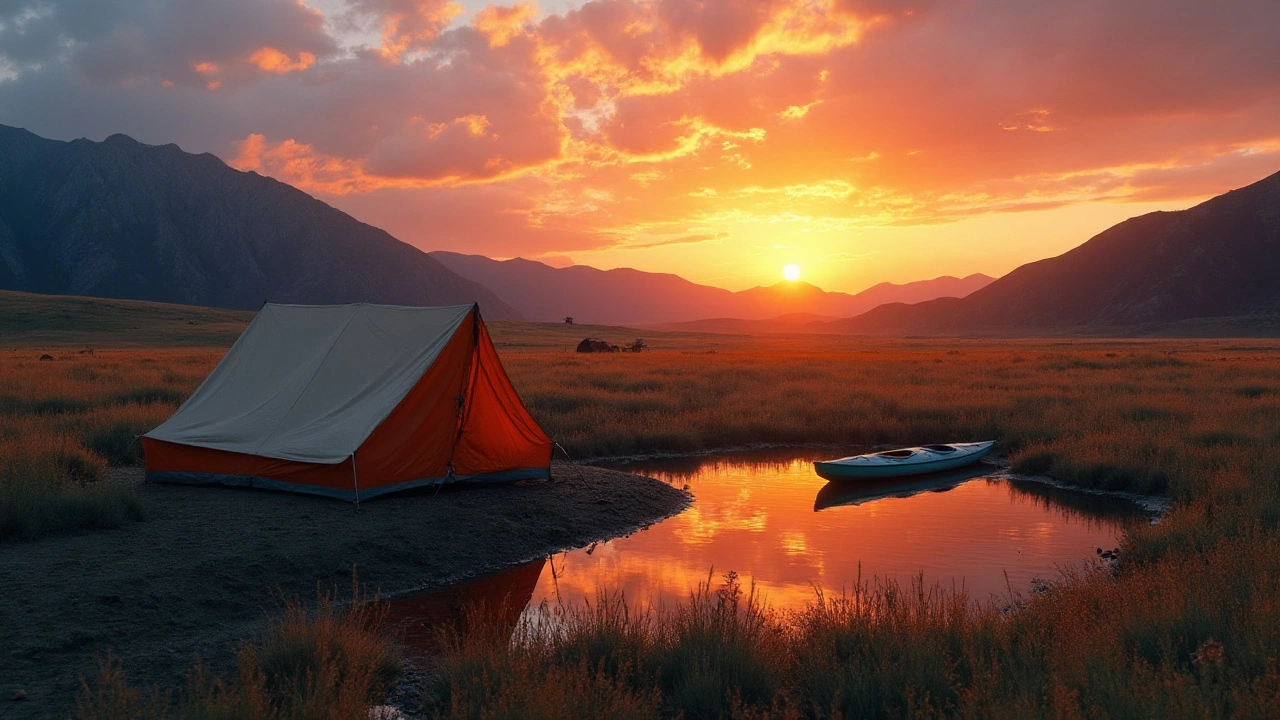
Availability of Natural Resources
When choosing to live off the land, understanding the availability of natural resources is crucial. The ability to harness and utilize what nature provides can significantly influence both your quality of life and your environmental footprint. Imagine drawing water from pristine streams, heating your home using the abundant sunlight, or fishing in your own backyard. These natural gifts make all the difference. Some states are naturally blessed with such resources, making them ideal for off-grid living.
Consider states like Montana and Tennessee, which possess a wealth of natural resources that encourage sustainable living. In Montana, the vast tracts of untouched woodland mean that timber is readily available for building and heating. The mountains provide fresh water sources that are vital for everyday needs. Similarly, Tennessee offers fertile land and a mild climate, perfect for farming and gardening. The region's flora and fauna are abundant, giving you a bounty of fresh food and necessary materials.
Water Resources
Water is perhaps the most important resource when living off the land. Access to fresh, potable water is not an option; it is a necessity. States like Oregon and Washington lead in this respect, thanks to their well-maintained aquifers and consistent rainfall. Here you can leave behind worries about water scarcity and focus on other aspects of sustainable living. The ability to integrate rainwater harvesting systems into your home can further simplify your journey to self-reliance.
Solar and Wind Energy
Renewable energy resources, such as solar and wind, are indispensable to any off-grid lifestyle. Arizona and New Mexico top the list with their abundant sunshine, making solar energy a viable and efficient option. Meanwhile, states like Wyoming offer wind resources well-suited for generating electricity. These renewables mean that you can move toward energy independence, reducing bills and reliance on the grid. According to the National Renewable Energy Laboratory, Arizona's potential for solar energy is among the highest in the United States, with most rooftops viable for photovoltaic application.
Food Sources
Growing your food is not only rewarding but also necessary for sustainable living. States like California, despite their size and complexity, offer fertile patches perfect for agriculture. The diverse climate here allows for various crops, enhancing your diet and decreasing dependence on external food systems. The soil quality in states like Nebraska also supports farming practices, where native crops thrive beautifully. In these areas, creating a sustainable food cycle is not just feasible but highly recommended.
The presence of natural resources impacts every facet of off-grid living, enabling individuals to thrive independently from conventional systems. An understanding of what is available in each region is essential before making that move. As you scout for locations, let the land speak to you, revealing its hidden treasures. From fresh water streams to abundant sunlight, each resource brings you one step closer to a harmonious existence with nature.
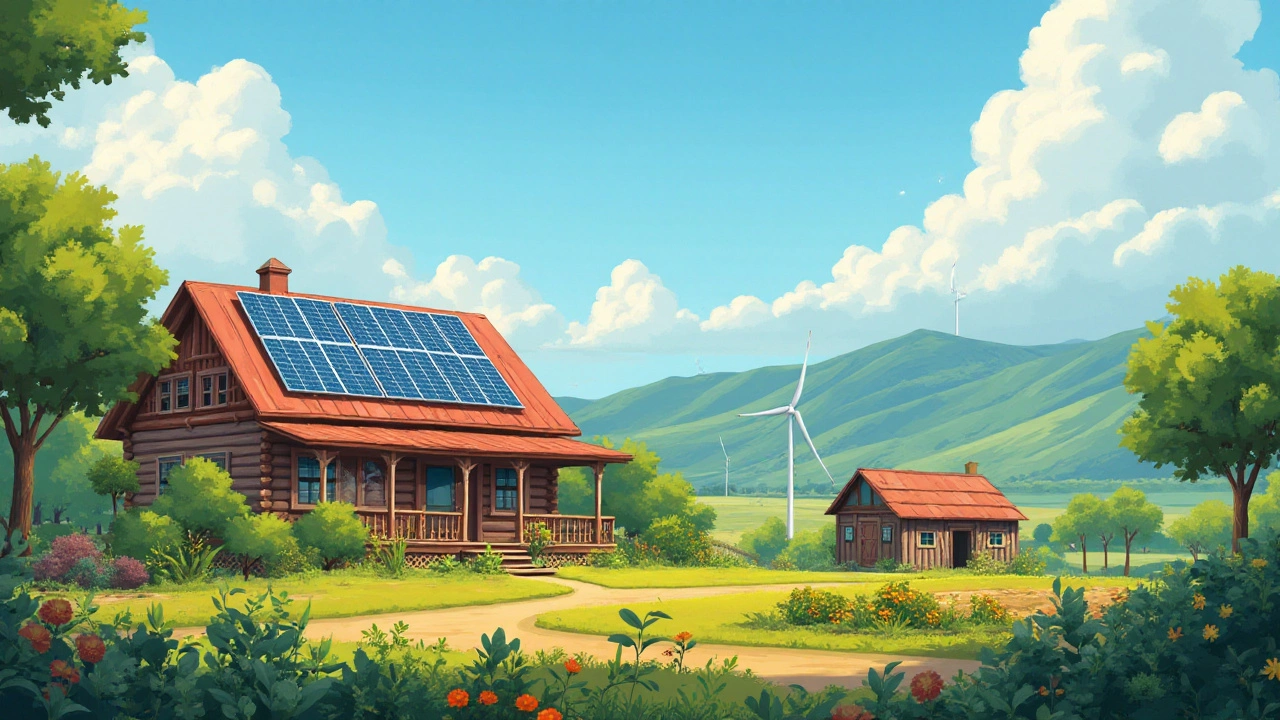
Community and Legal Considerations
When it comes to living off-grid, understanding the community and legal frameworks of your chosen state is crucial. The laws and regulations you will encounter can vary greatly from one location to another, sometimes even within the same state. Awareness of zoning laws, building codes, and regulations on renewable energy installations like solar panels or wind turbines is important. Some areas are very friendly toward sustainable practices, while others may pose significant obstacles.
For instance, states like Texas and Missouri are known for their leniency regarding off-grid living. In Missouri, the climate is favorable, and rural areas often have fewer regulations, allowing you to build your own home without extensive oversight. Texas, with its vast tracts of land and sunny weather, is great for solar power, and many counties do not have building codes for residential properties. But remember, the dream of living off the land has as much to do with community connections as it does with the environment itself.
"In Texas, it's more common to find communities that encourage self-sufficiency," says Marjorie Wildcraft, the founder of The Grow Network. "You can find coops and neighbors who share the same values, which makes a massive difference when you're adapting to a new way of life."
Another aspect to consider is the social fabric of the community. Building a network of like-minded individuals can greatly enhance your off-grid experience. States such as Vermont have well-established communities focusing on self-reliance and cooperation. These states often host events and workshops, which can be invaluable if you are new to this way of life. If you're thinking of diving into farming or homesteading, connecting with established farms can provide mentorship and solidarity.
Legal considerations also include understanding water rights and hunting laws, which are significant when you aim to be self-sufficient. States in the western U.S., like Montana or Idaho, often have more rigid water rights due to their arid environments. It's helpful to consult with a legal expert to navigate these waters. In some places, navigating hunting permits is essential if you plan to supplement food resources with local game. Getting proactive about researching permits and rights can save you from future legal hurdles.
An essential part of the legal landscape is keeping abreast of the latest legislative changes. As sustainability becomes increasingly popular, states might change laws to either support or regulate off-grid living more stringently. Joining local forums or online groups dedicated to off-grid lifestyles within your state's region can keep you informed about these developments. Many of these communities offer free resources and critical updates, so they're worth engaging with.


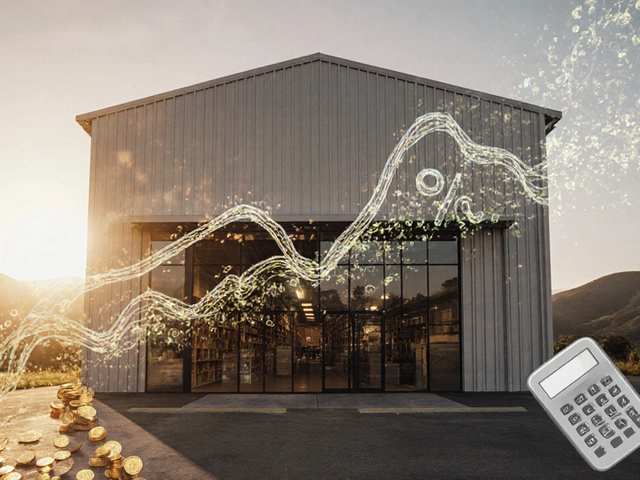

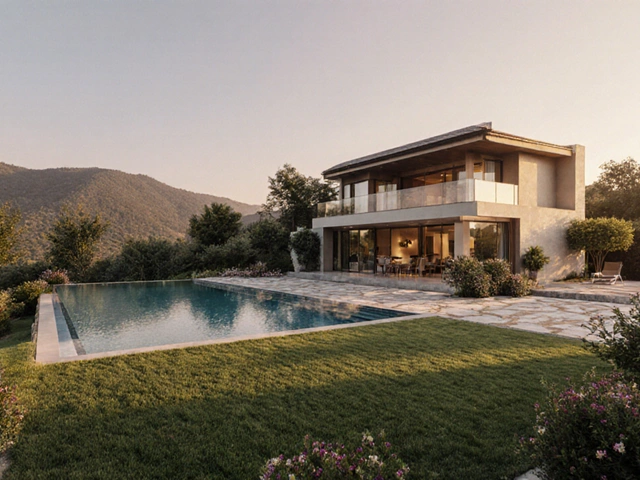




Write a comment